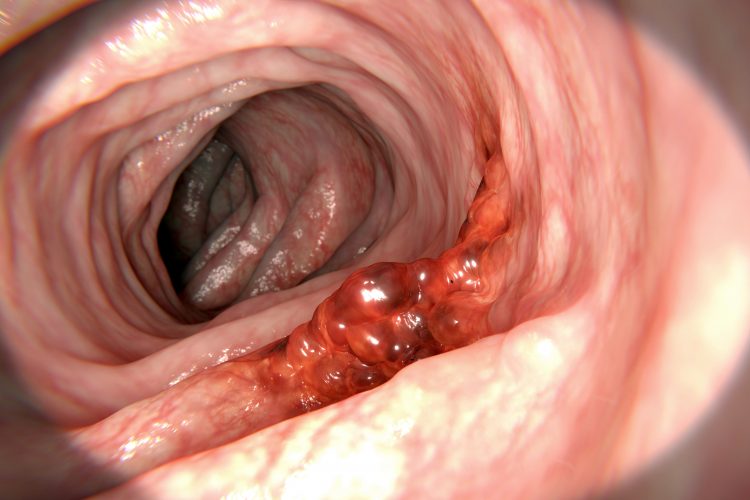Importin-11 identified as new therapeutic target for colorectal cancer
Posted: 2 January 2020 | Hannah Balfour (Drug Target Review) | No comments yet
Researchers have discovered that Importin-11, a cell nucleus import protein, is required for colorectal cancer growth and may be a possible target for new therapies.


Researchers have identified Importin-11 as the transporter responsible for β-catenin, a protein implicated in the progression of many colorectal cancers, entering the cell nucleus. According to the group, inhibiting this protein could provide a new therapy for colon cancers.
Approximately 80 percent of colorectal cancers are associated with mutations in the APC gene, resulting in elevated levels of β-catenin. Increased β-catenin levels are followed by the accumulation of the protein in the cell nucleus, where it can activate numerous genes that drive cell proliferation and promote the growth and maintenance of colorectal tumours.
Importin-11 was found to bind to β-catenin and escort it into the nucleus of colorectal cancer cells”
Until now, the method by which β-catenin enters the cell nucleus has been poorly understood.
“Because the molecular mechanisms underlying β-catenin nuclear transport remain unclear, we set out to identify genes required for continuous β-catenin activity in colorectal cancer cells harbouring APC mutations,” says Stephane Angers, a researcher of the study and professor in the Department of Pharmaceutical Sciences at the University of Toronto’s Leslie Dan Faculty of Pharmacy.
Angers and colleagues used CRISPR technology to develop a new technique that allowed them to screen the human genome for genes that support β-catenin’s activity in colorectal cancer cells after its levels have been elevated by mutations in APC. One of the main genes they identified was IPO11, which encodes a protein called Importin-11 that is known to be involved in nuclear import.
Importin-11 was found to bind to β-catenin and escort it into the nucleus of colorectal cancer cells. Removing Importin-11 from these cells prevented β-catenin from entering the nucleus and activating its target genes. The researchers also discovered that Importin-11 levels are often elevated in human colorectal cancers and that removing Importin-11 inhibited the growth of tumours formed by APC mutant cancer cells isolated from patients.
“We conclude that Importin-11 is required for the growth of colorectal cancer cells,” Angers says. The researchers say that learning more about how Importin-11 transports β-catenin into the nucleus may help in the development of new therapies that block this process and reduce the growth of colorectal cancers caused by mutations in APC.
The research was published in the Journal of Cell Biology.
Related topics
CRISPR, Disease Research, Drug Targets, Gene Testing, Molecular Targets, Oncology
Related conditions
Colorectal cancer
Related organisations
Leslie Dan Faculty of Pharmacy at The University of Toronto
Related people
Professor Stephane Angers








